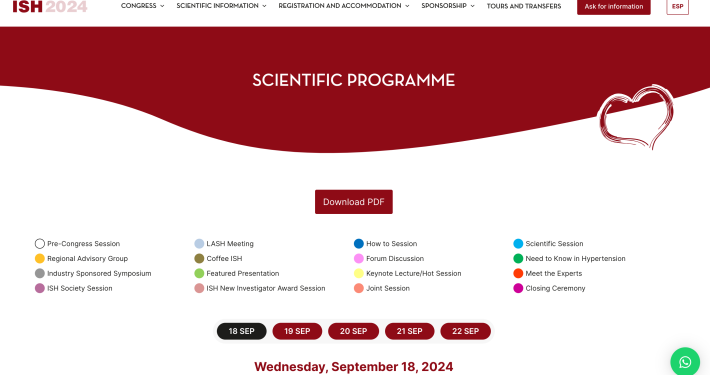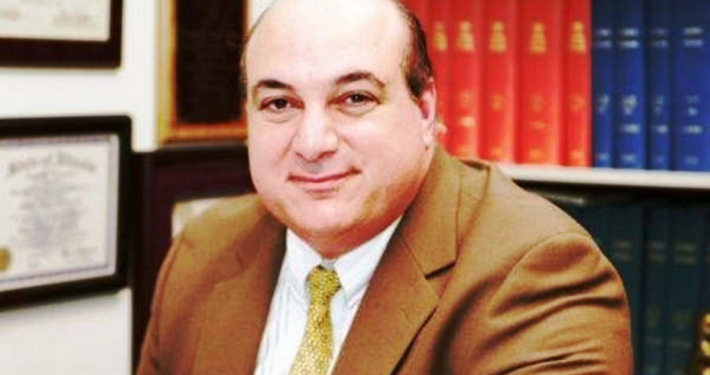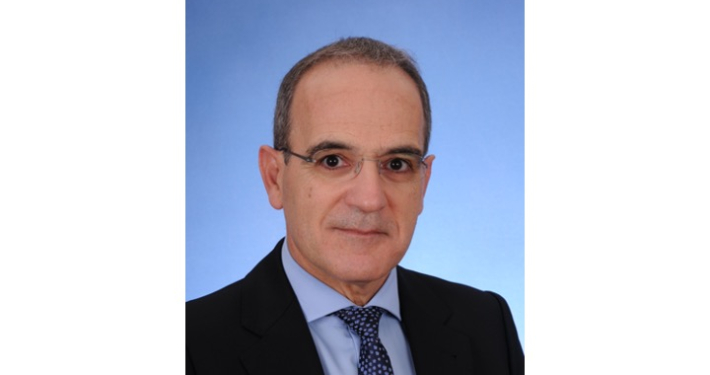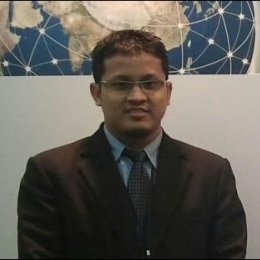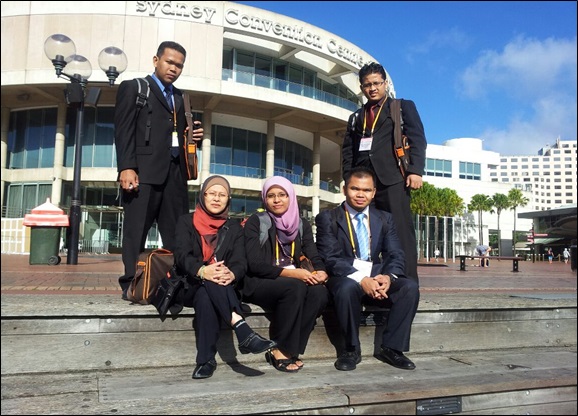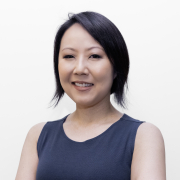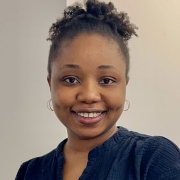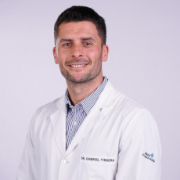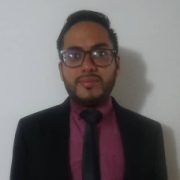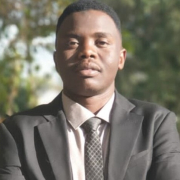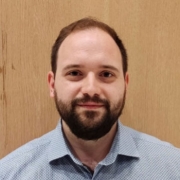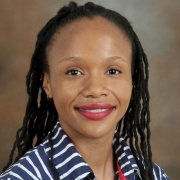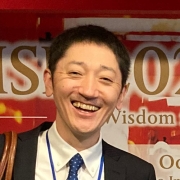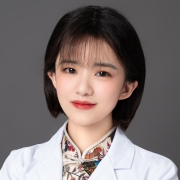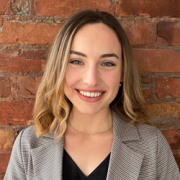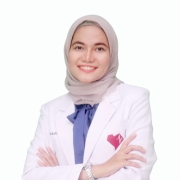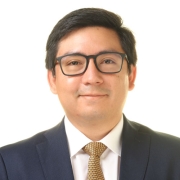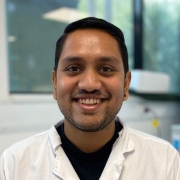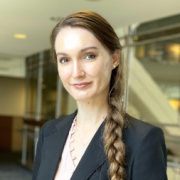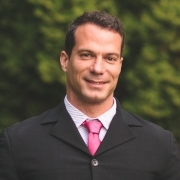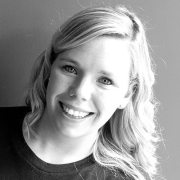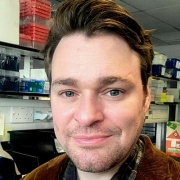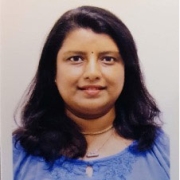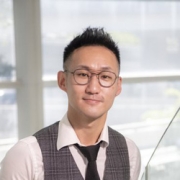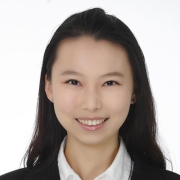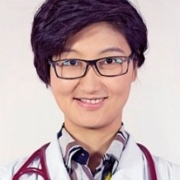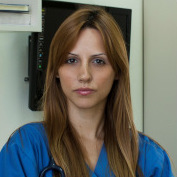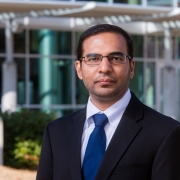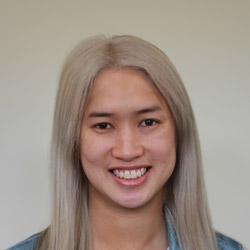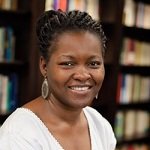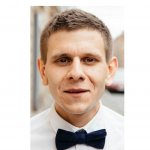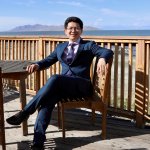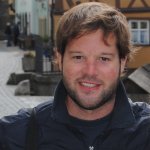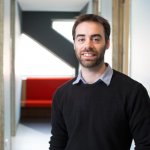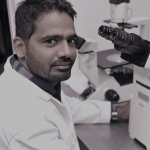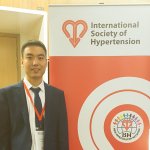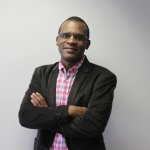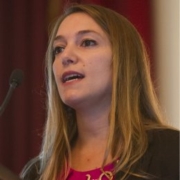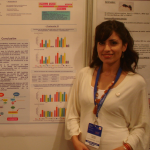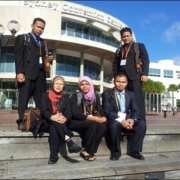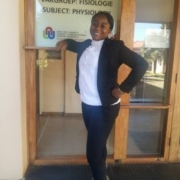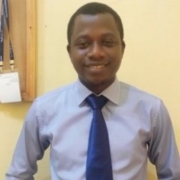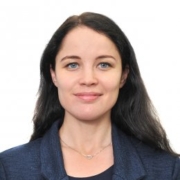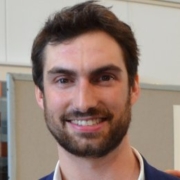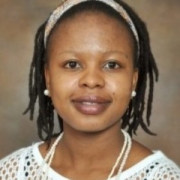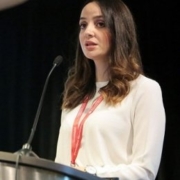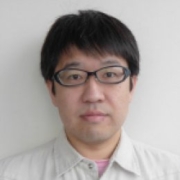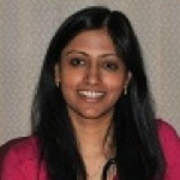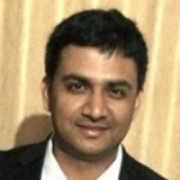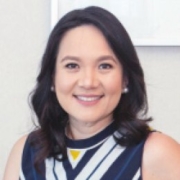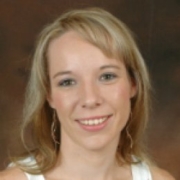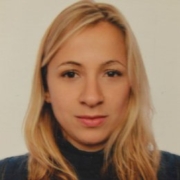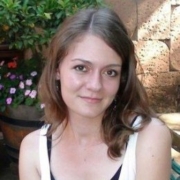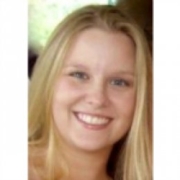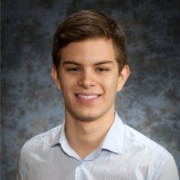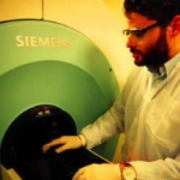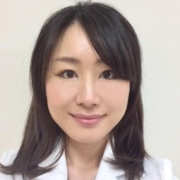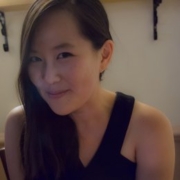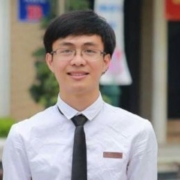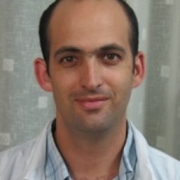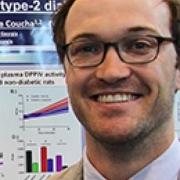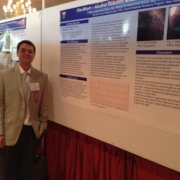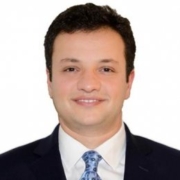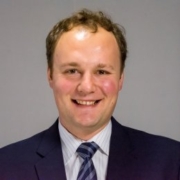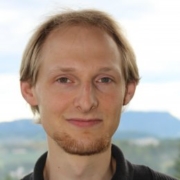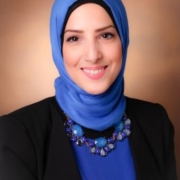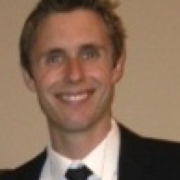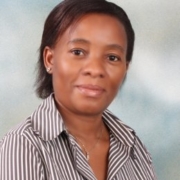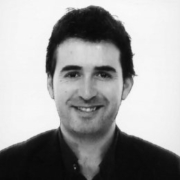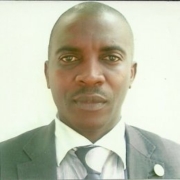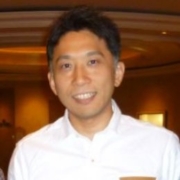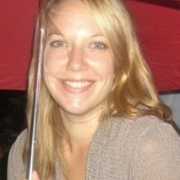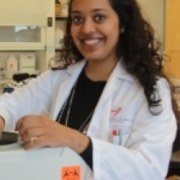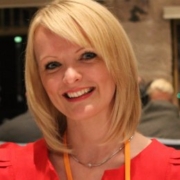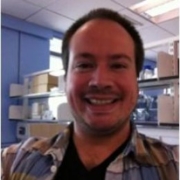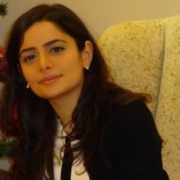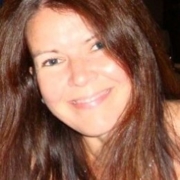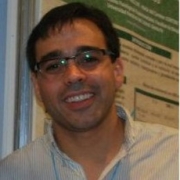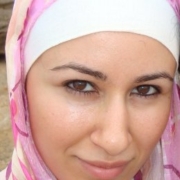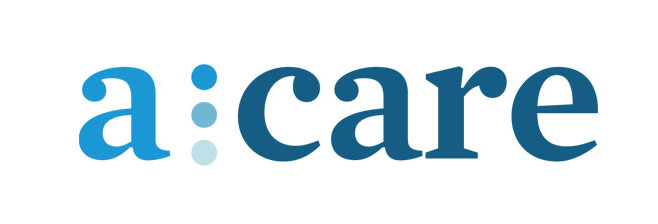How did you become interested in research relating to Hypertension?
During my Master degree, I was involved in a study led by Professor Dr. Khalid Yusoff. I became interested and fascinated in cardiovascular research from the extensive literature review I did on this topic. It is my wish to continue in this research especially on hypertension and arterial stiffness.
Describe your research & the program/lab (info of your supervisor) that you are in?
My research interests are in the fields of cardiovascular research and hypertension. As the main cause of morbidity and mortality in Malaysia and worldwide is CVD, it is indeed timely for me to venture into this research in finding the best solution to overcome the epidemic of CVD. Issues pertaining to availability, affordability and accessibility for treatment have been proposed to account for the poor control of cardiovascular risk factors. Exploring and understanding the influence of perception in cardiovascular medicine, their interactions and mechanism using large cohorts provide promising contribution in understanding hypertension and CVD.
What do you consider to be your substantial scientific contribution so far (provide Pubmed PMID if possible)?
I look forward to my substantial contribution in the future, but personally, I was very happy when my first paper was accepted for publication in ‘Heart Asia’ (Mohd Azahar et al. Heart Asia 2017;9:1-4. doi: 10.1136/heartasia-2016-010864).
What is your favourite manuscript from a lab other than your own (provide Pubmed PMID if possible)?
There are many remarkable manuscripts in cardiovascular research and hypertension. One of the most favourite manuscript for me was Cardiovascular risk and events in 17 Low-, Middle-, and High-Income countries by Yusuf et al. 2014. (PMID: 25162888).
What facilities are essential for your research?
As I am conducting research on epidemiology and prevention of hypertension, it is essential to have state-of-the-art equipment and laboratory for my research. Also, I look forward to collaborations with more research teams that are able to perform various measurements in multiple centres in the country. A sound archiving system is also needed to store various clinical and research data.
Where do your research strengths lie? Why? What are your research weaknesses? How will you improve?
Research is my passion. As a member in a research team, I will contribute by providing critical comments and methods to improve the quality of research. I enjoy working with the team as it will allow exchange of ideas and opportunities to learn from senior researchers. It is pertinent to be updated on current research methods, technology and research approach. Attending international conferences and meetings will provide the best opportunity to learn from other renowned experts in the world.
Describe your unforgettable (proudest) moment in science, and the most challenging situation that you have had to overcome (lessons learnt) so far?
My proudest moment was when I was awarded as one of the Best Poster Presentation during the 13th Asian-Pacific Congress of Hypertension 2017 in Singapore.
The biggest challenge for me thus far came from lessons learnt in dealing with failures and rejections especially in manuscript submissions and scholarship applications.
At which conference did you first present? How was your experience?
My first conference presentation was at the Diabetes Asia conference in 2011. It was indeed a great experience in that it helped me to improve my skills in scientific presentation and improve my confidence level. It was certainly a rewarding experience where I received many positive feedbacks from other scholars.
What upcoming conferences will you be attending, and what is the furthest distance that you have traveled for a conference?
I hope to attend the Hypertension Beijing 2018 scientific meeting. The farthest that I had traveled for a conference was in 2012, attending the 24th Scientific Meeting of the International Society of Hypertension in Sydney, Australia.

